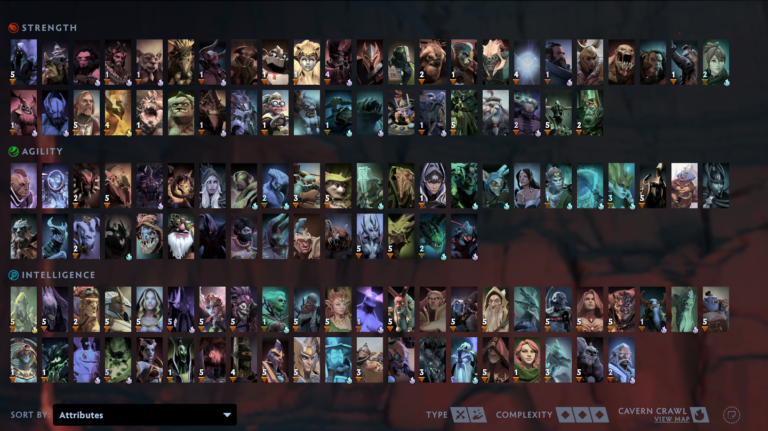How to Overcome Tilt in Video Games
Tilt is a term that resonates with gamers worldwide. It refers to the state of frustration, anger, or stress that can arise during gameplay, often leading to impaired performance and a diminished gaming experience. Some of us may have broken a few controllers and keyboards. Some would utter despicable words they would never say to someone usually. That is why getting tilted would only affect your performance in-game but also affect you personally.
Recognizing Tilt
Recognizing when you’re experiencing tilt is the first step in overcoming it. By cultivating self-awareness, you can identify emotional and behavioral signs of tilt. Are you becoming increasingly frustrated? Do you find yourself making impulsive decisions?
Reflecting on your actions may help proactively manage your anger. Garnering a sportsman-like attitude may help you create a perspective that in any competition there will always be a winner and a loser. know your signs of being frustrated and your level of anger, and try to decide whether to continue to play or if you need to rest for a bit.

Strategies to Overcome Tilt
Taking Breaks
One of the most effective ways to combat tilt is by taking breaks. Stepping away from the game for a short period allows you to regain composure, clear your mind, and reset your focus. Engaging in different activities during these breaks can provide a refreshing perspective and prevent tilt from escalating.
Be Mindful
Practicing mindfulness can help you stay present and focused during gameplay. Techniques like deep breathing exercises or incorporating meditation can calm your mind, reduce stress, and improve decision-making under pressure. By staying in the moment, you can avoid dwelling on past mistakes or worrying about future outcomes.
Setting Realistic Expectations
Setting realistic expectations is crucial for managing tilt. Understand that not every game will result in a win or a flawless performance. By accepting that losses and mistakes are part of the learning process, you shift your focus towards personal improvement rather than solely on winning. This mindset fosters resilience and helps you stay motivated.
Identifying Triggers
Identifying the specific triggers that lead to tilt is essential. Whether it’s a challenging opponent or a series of unfortunate events, recognizing these triggers allows you to mentally prepare yourself. By expecting and acknowledging potential tilt-inducing situations, you can develop strategies to handle them better when they arise.
Cultivating a Positive Mindset
Maintaining a positive attitude toward the game is vital. Video games are meant to be enjoyable and fun, and a positive mindset contributes to a better gaming experience. Avoid blaming external factors or teammates for frustrations. Instead, focus on what you can control, such as your own gameplay and how you can improve. Embrace challenges as opportunities for growth.
Seeking Support
If tilt significantly impacts your gaming experience, don’t hesitate to seek support. Engage with friends or online communities where you can share experiences, seek advice, and gain perspective. In more severe cases, consider consulting mental health professionals who specialize in gaming-related challenges. They can provide guidance and help you develop effective coping strategies.
Conclusion
Overcoming tilt in video games is a skill that can be developed with practice and self-reflection. By implementing strategies such as taking breaks, practicing mindfulness, setting realistic expectations, identifying triggers, cultivating a positive mindset, and seeking support, you can regain control over your emotions and enhance your gaming experience. Remember, tilt is a common challenge faced by many gamers, but with patience, persistence, and a focused mindset, you can rise above it and perform at your best. Em
ALSO READ: Expanding Your Steam Library: How to Add Non-Steam Games to Your Collection







